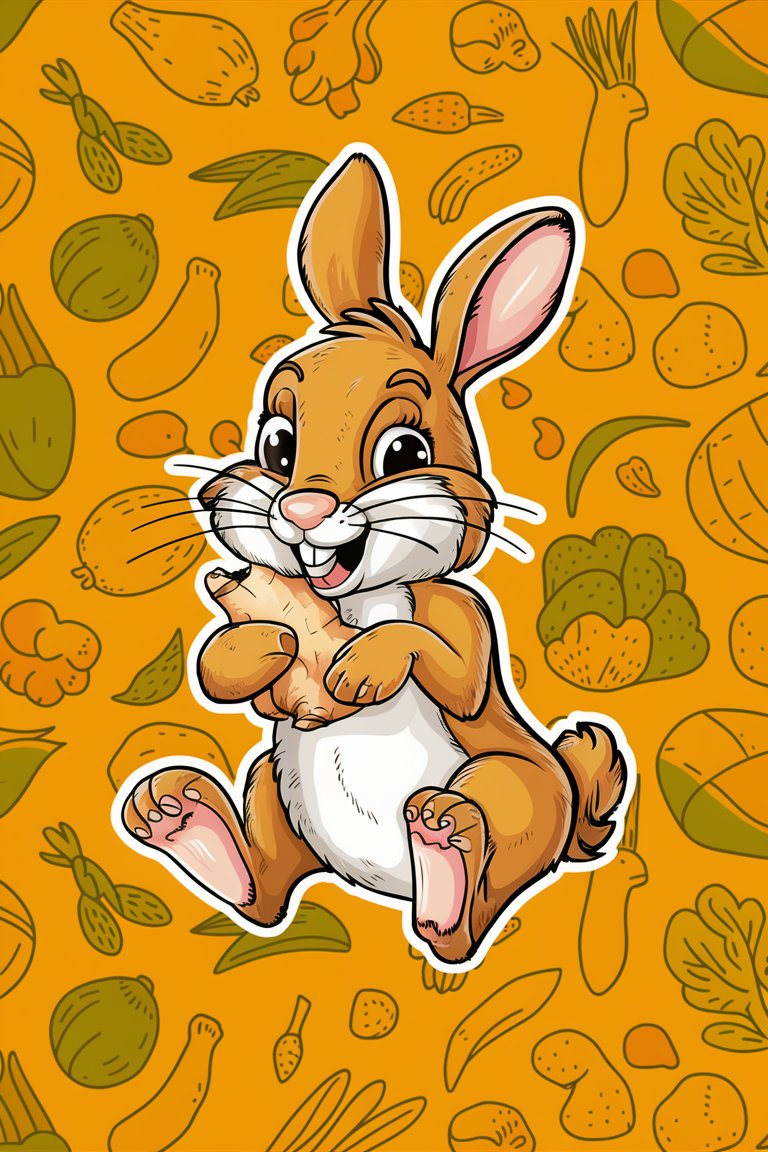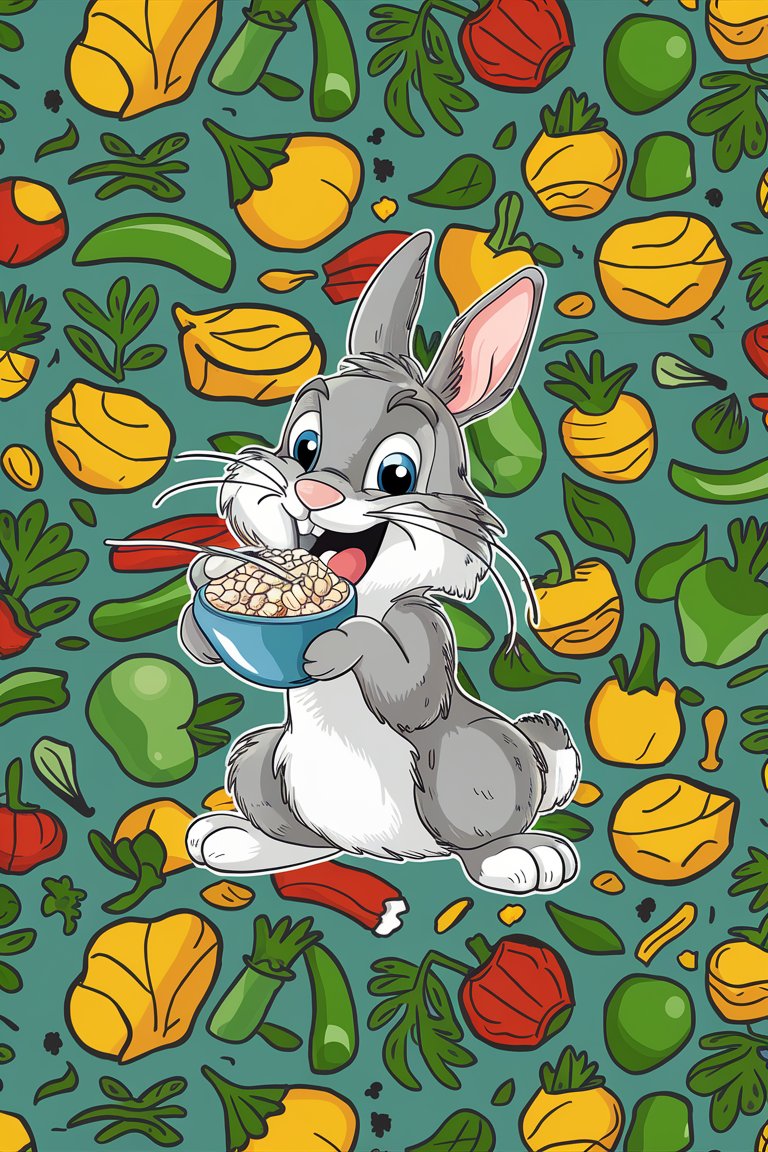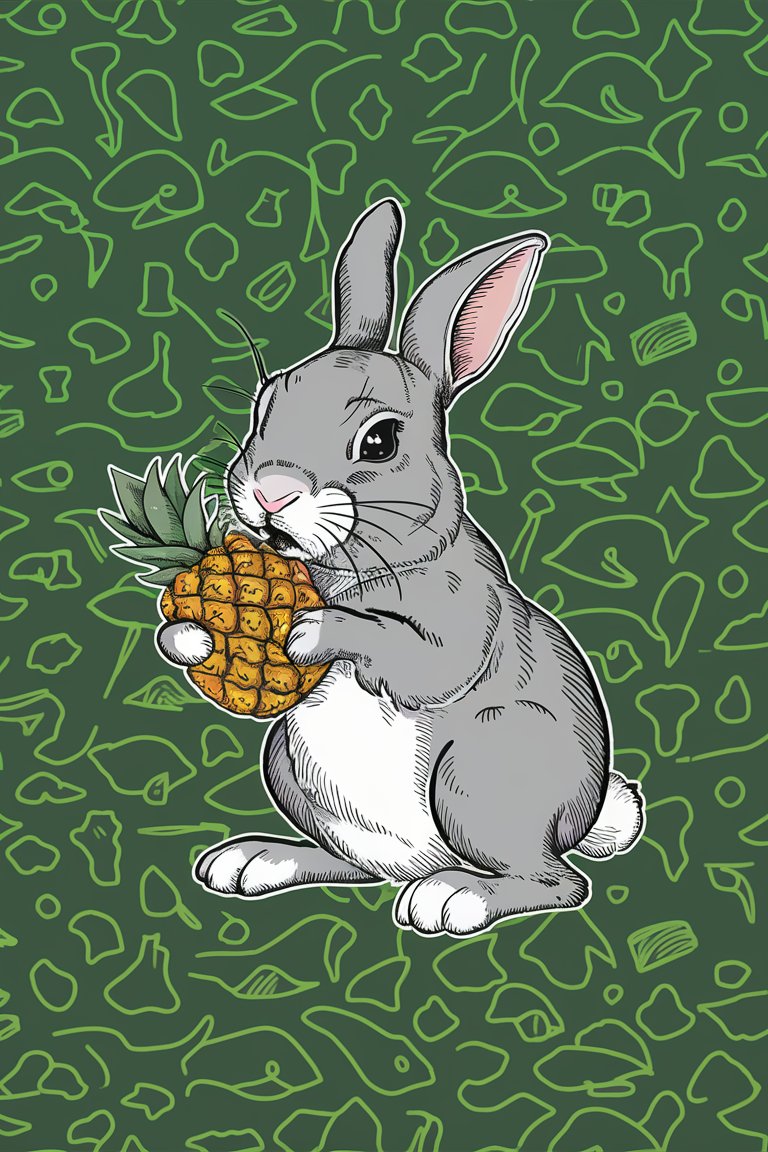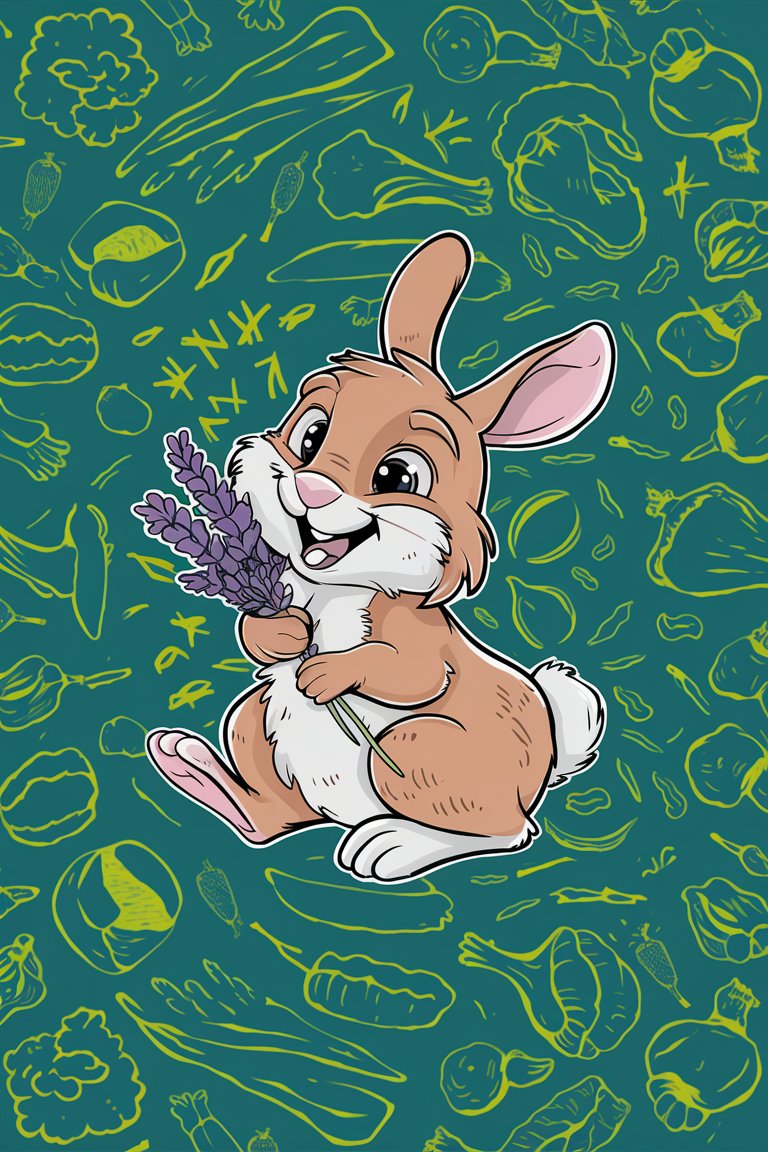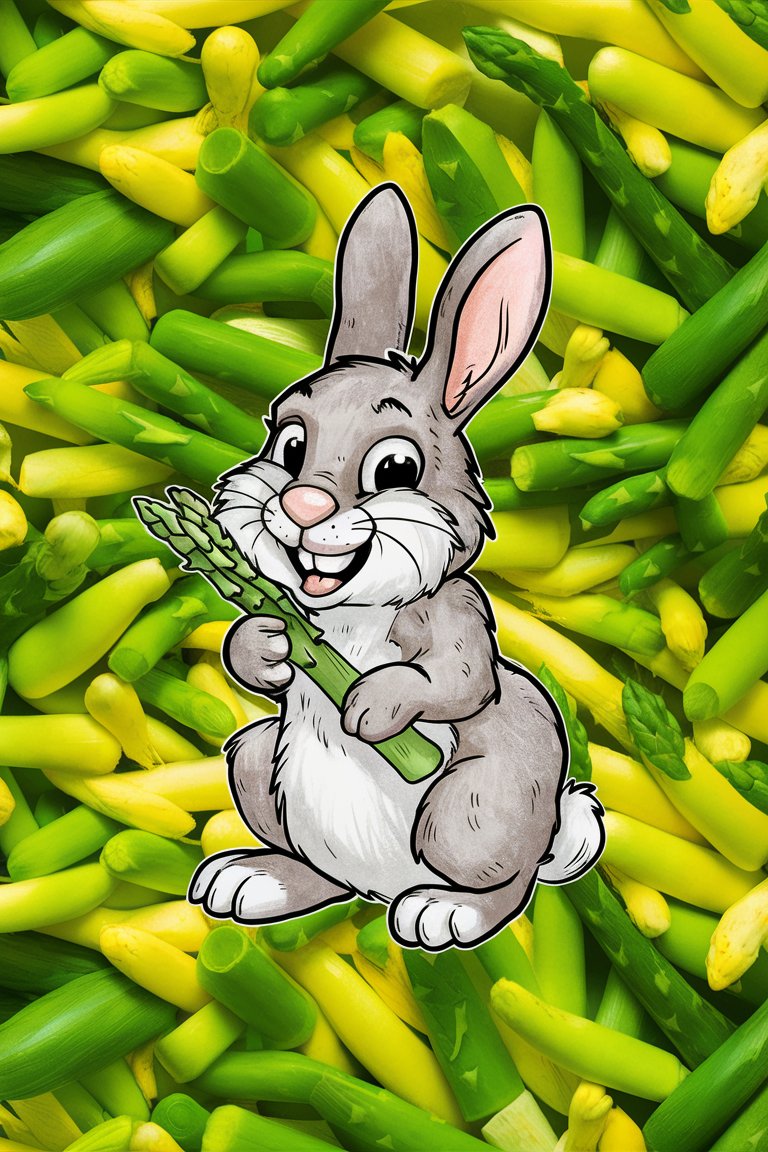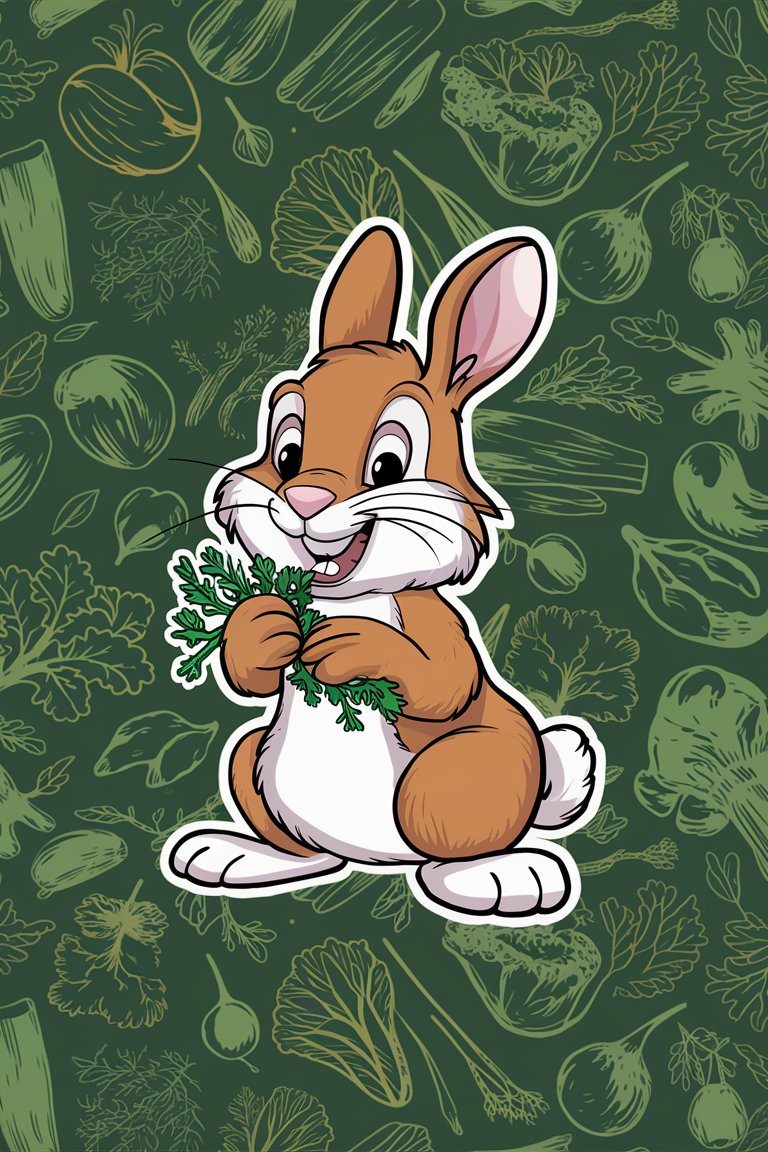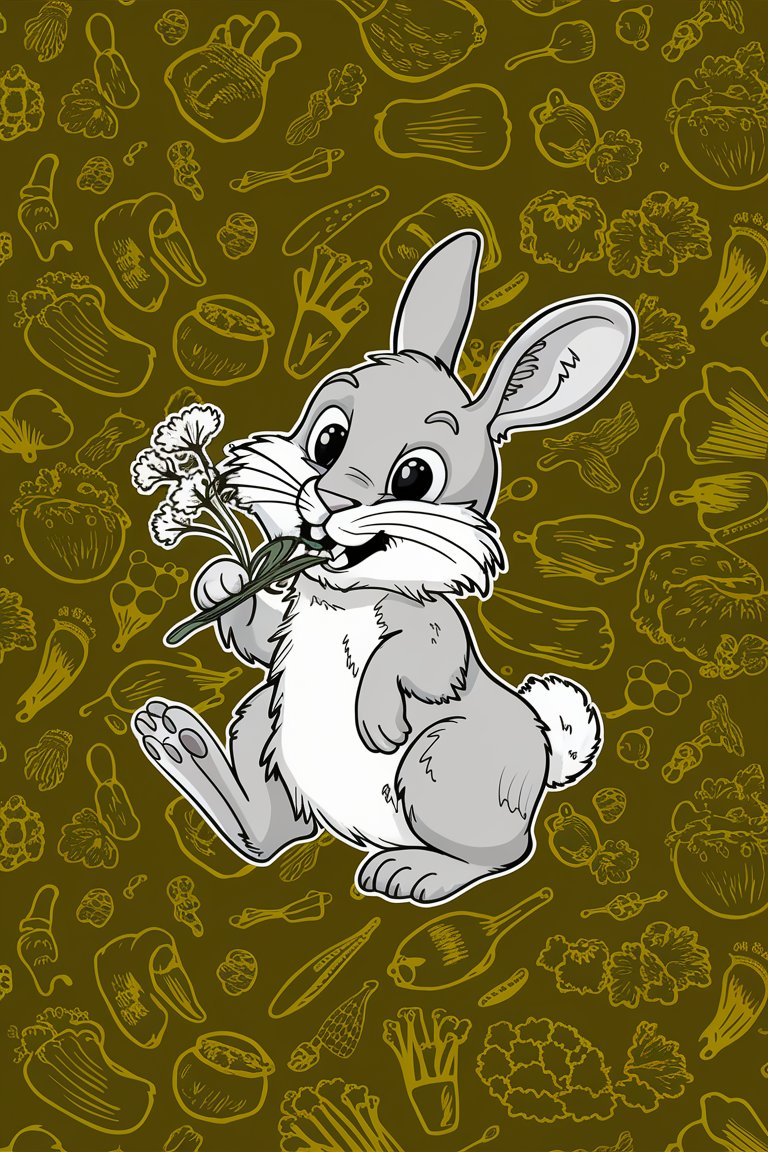Can Rabbits Eat Ginger? Answers Disclosed!
Think ginger is just for our tea or cookies? It turns out, some folks are curious if rabbits can safely nibble on this spicy root!We often wonder about the foods we can share with our furry friends, especially the more unusual ones.
Key Takeaways:
- Yes, rabbits can eat ginger, but only in small amounts as an occasional treat.
- Ginger offers health benefits like aiding digestion and reducing nausea when given in moderation.
- Always introduce ginger slowly and observe for any digestive issues or signs of discomfort.
- Avoid giving ginger to pregnant rabbits close to their delivery date due to potential bleeding risks.
In today’s piece, we’re demystifying this debate. As both pet lovers and professionals, we know how important it is to keep your bunny safe and healthy.
Stay with us as we explore everything you need to know about rabbits munching on ginger.
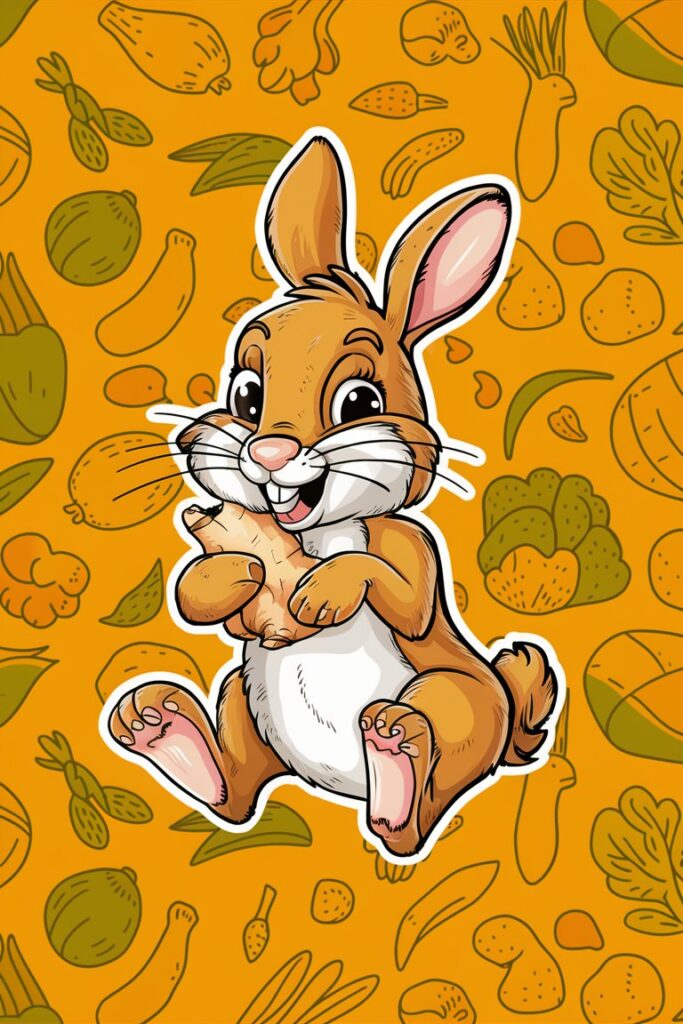
Can Rabbits Eat Ginger?
Yes, rabbits can eat ginger root in small amounts as an occasional treat. This spicy root is safe for our furry friends, but we should be careful with portion sizes. It should only be a rare snack, not a regular diet item.
- Learn more about: What Should and Should Not Rabbits Eat? Ultimate Guide
We know from experience that our bunnies love to explore new tastes. Trent, our little Holland Lop, once nibbled on a tiny piece of ginger we accidentally dropped. He seemed to enjoy it, and there were no issues.
Ginger has some health benefits, like aiding digestion, when given in moderation. However, too much can upset their stomachs. So, remember to keep it minimal.
In short, a tiny piece of ginger now and then is fine. Keep it as an occasional treat, and your rabbit will stay happy and healthy.

Nutritional Benefits of Ginger for Rabbits
Ginger root powder enhances growth and digestion. Giving rabbits up to 5 grams per kilo of diet boosts growth and keeps them healthy under heat stress.
The root has chemicals that may reduce nausea and swelling. This makes ginger a handy treat to keep. We’ve noticed better vitality in rabbits given ginger powder, especially in hotter months.
We’ve tried it with our own bunnies. They seem brighter and livelier. But, remember, it’s a supplement, not the main diet. Always mix in with regular feed. Stay minimal and your rabbit will thrive.
In short, ginger can help with heat stress and improve overall health. Try a little bit and observe.
Guidelines for Feeding Ginger to Rabbits
We recommend giving only a small chunk of ginger, about the size of a quarter, as an occasional treat. Introduce it slowly to monitor for any digestive issues. It’s crucial to start with tiny amounts. Let your rabbit get used to it.
For pregnant rabbits, ginger might increase bleeding risks. Avoid giving it close to the delivery date. High doses can also worsen certain heart conditions in rabbits. So, be mindful of how much you offer.
Our experience with Trent showed us the importance of moderation. He loved the taste, and we noticed positive effects when given sparingly. Remember, too much can cause harm. Always observe your bunny after introducing new foods.
In summary, keep ginger as a rare treat and watch for any signs of discomfort. It’s all about balance and ensuring your bunny’s health first.

Potential Risks and Side Effects of Ginger for Rabbits
Ginger can cause mild side effects in rabbits. These include heartburn, diarrhea, burping, and general stomach discomfort. High doses increase the risk of these issues. We saw this firsthand with Trent when we overdid it once. He had a bit of tummy trouble for the day.
Another concern is blood clotting. Ginger might slow this down and cause extra bleeding. This is crucial if your rabbit has surgery coming up. Pregnant rabbits are also at risk. We avoid giving ginger near their delivery date to keep them safe.
Keep an eye on your bunny. Notice any signs of discomfort. Adjust the amount if needed. Always start small and watch how your rabbit reacts. This ensures their safety and well-being.

